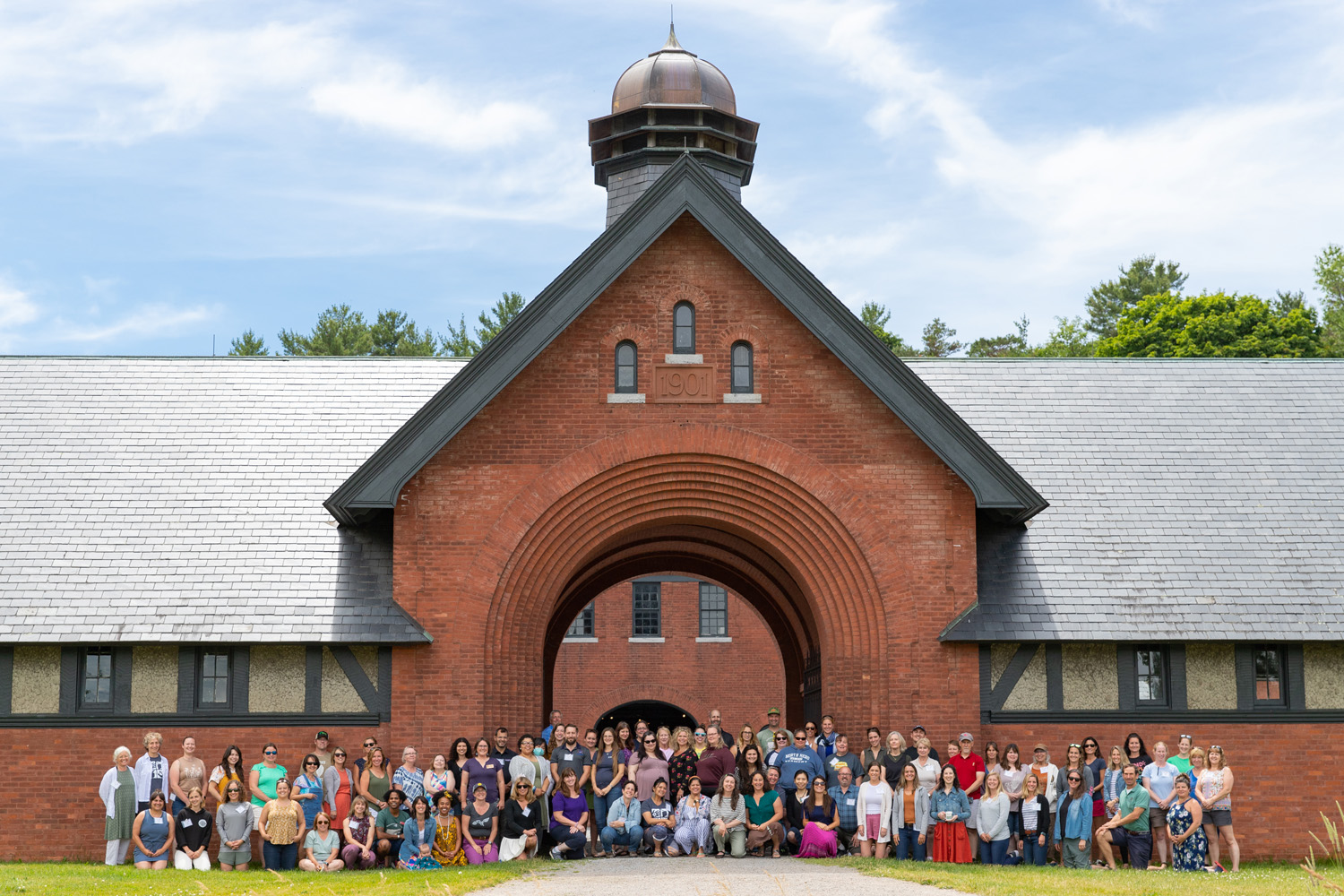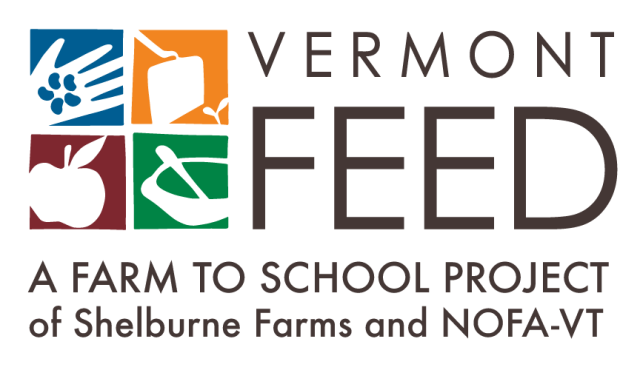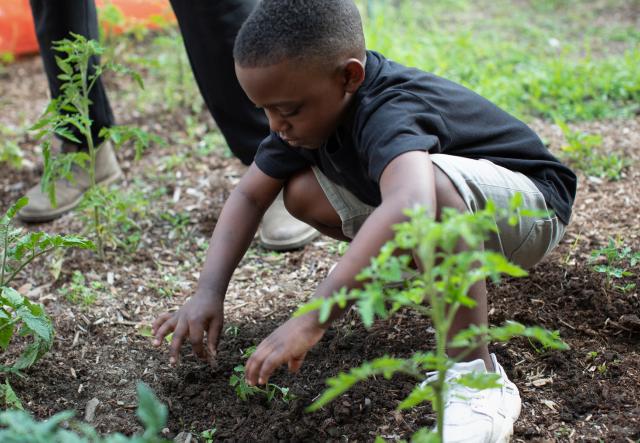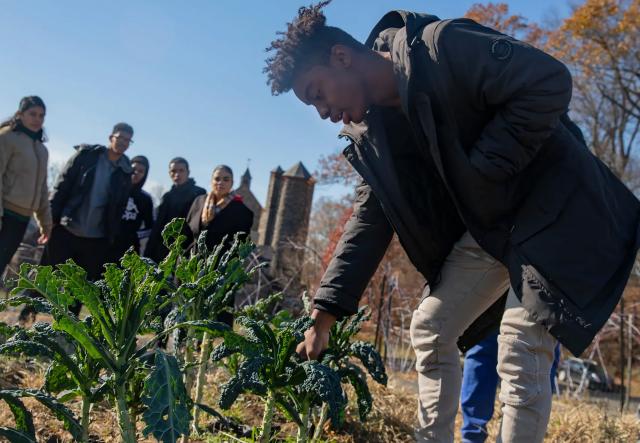Vermont’s Farm to School Program is Adapted Across the Country

Shelburne Farms Institute for Sustainable Schools is expanding its farm to school professional learning program nationwide, hosting teams from Kansas, Louisiana, Pennsylvania, Minnesota, and Rhode Island as they adapt a Vermont-borne model—the Northeast Farm to School Institute—to strengthen food systems education and local purchasing in their states. From June 26–30, staff from the five states adapting the model will travel to Shelburne Farms for an intensive training to experience the Farm to School Institute in action.
Since 2010, the year-long Northeast Farm to School Institute has built enduring farm to school programs in over 130 schools, districts, and early childhood programs. More than half of America’s children—nearly 30 million students—get daily nutrition from school meals. Schools spend over $6.3 billion on food, and The National Farm to School Census estimates that $1.26B was spent on local foods. Since the onset of the pandemic, more and more children are relying on school food for their daily nutritional needs, and schools are feeding more students. These numbers present enormous opportunities for whole-school change that fosters a thriving local food economy and improved learning outcomes.
The Northeast Farm to School Institute model, created by Vermont FEED,* helps school and early childhood teams—which include classroom teachers, nutrition staff, administrators, community partners, and more—create action plans to build a school culture of wellness. Teams are paired with an experienced coach who helps implement the plan throughout the school year. Teams walk into the first day of school ready with a strategy and support system for turning ideas into action, building buy-in, and forging new relationships in their communities.

“It’s such a great opportunity to make lasting and systemic change in schools, early childhood programs, and food systems not just in the Northeast, but across the country, so that kids can eat and connect with fresh local foods, farmers can serve their local communities, and those communities can become more resilient,” says Vermont FEED Project Director Betsy Rosenbluth.
"Having [the program] already laid out with research-based curricular components and stories of success behind it made it easy to build a case and get buy-in from my state,” shares Sarah Smith, Nebraska Department of Education Farm to School Coordinator and member of the 2021–22 Adaptation Program. “Everything we did was based on the Vermont model, including coaching, and it really just made everything feasible for us." Overall, 18 states have launched or are about to launch their own Farm to School Institutes with the support of this program.
Farm to school is a movement in today’s school communities focused on building meaningful connections between the “3Cs”: Classrooms, Cafeterias, and Communities in pursuit of a healthier, more just food system. These initiatives build relationships between schools and local farms and bring locally grown foods to cafeterias and classrooms. Through hands-on learning, students can connect the dots of where their food comes from and the impacts of their choices on their bodies, the environment, and the local food system and community. Vermont has been a longtime leader of this movement with the support of former U.S. Senator Patrick Leahy. Leahy’s dedication and Vermont’s successes were honored earlier this year when the USDA renamed the national farm to school grant program to the Patrick Leahy Farm to School Program.

State adaptation teams will be observing and learning during Vermont FEED’s 13th annual Northeast Farm to School Institute summer kickoff retreat at Shelburne Farms. After a competitive application process, nine Northeast school teams were selected to attend the 2023-24 Northeast Farm to School Institute:
- Addison County Parent Child Center, VT
- Barre Unified Union School District, VT
- Bristol Public Schools, CT
- Demakes Family YMCA, MA
- Frontier Central Schools, NY
- Gill Elementary School, MA
- Leland & Gray Union Middle & High School, VT
- Montpelier High School, VT
- Salamanca City Central School District, NY




